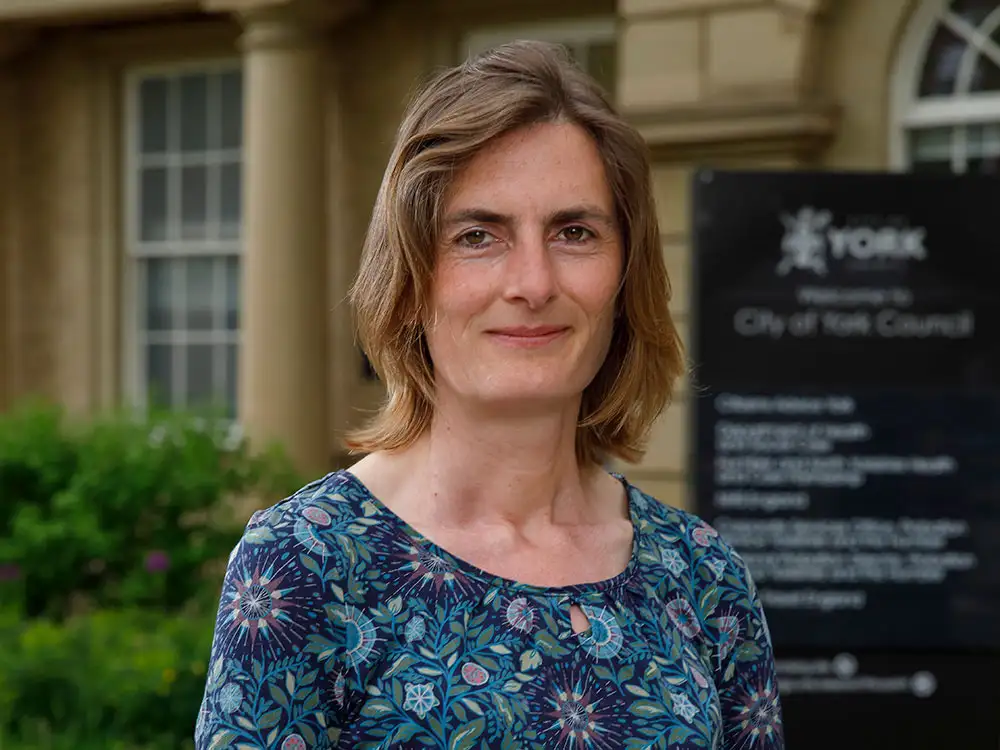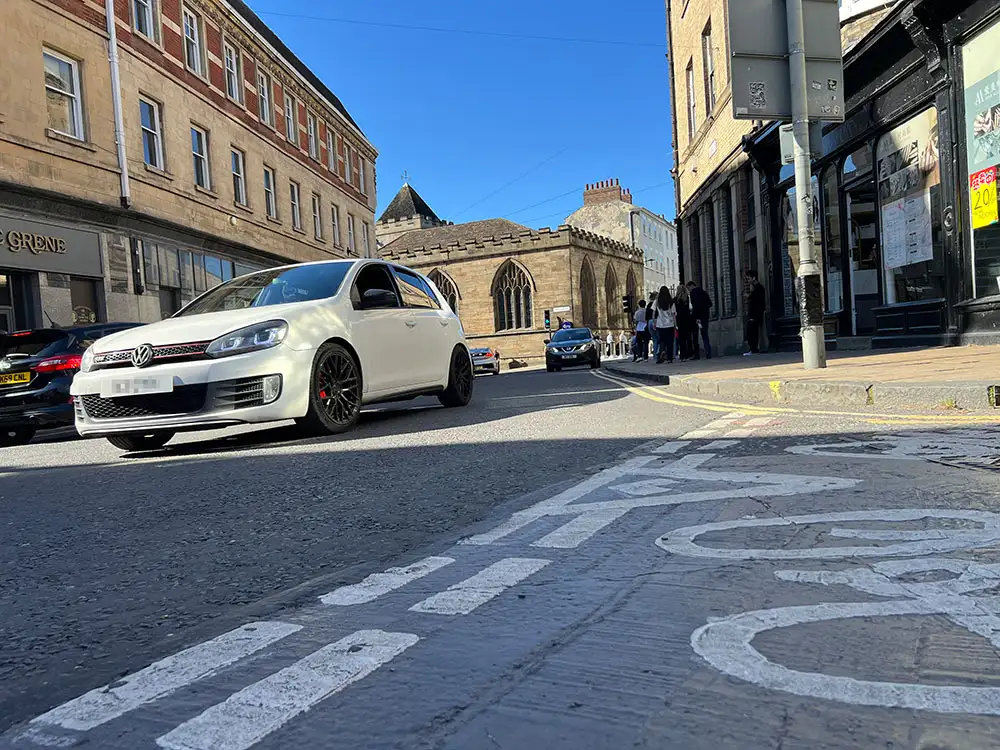York council has won new powers enabling it to fine drivers for traffic violations in the city.
The law changed recently allowing local authorities to take over the enforcement of ‘moving traffic offences’ from the police.
City of York Council was informed last month that they would receive the powers to enforce moving traffic offences from Saturday (7 December).
However, they are not planning to use those powers until the new year.
Moving traffic offences include:
- incorrectly driving into a bus lane
- stopping in a yellow box junction
- banned right or left turns
- illegal U-turns
- going the wrong way in a one-way street
- ignoring a Traffic Regulation Order.
The council plans to start using its new powers on the Micklegate one way system.
Using automatic number plate recognition cameras, any driver who flouted the system would receive a ticket and a fine.
James Gilchrist, Director of Transport, Environment and Planning said: “In September 2023 the Executive Member for Transport supported an application to the Department for Transport for the Council to take on the responsibilities for enforcement, and to pilot the enforcement at the one-way Micklegate traffic restriction.
“City of York Council is one of several local authorities being granted civil enforcement powers to help manage local bus lanes and traffic junctions.
“We want to ensure that any measures are proportionate and align with our local transport strategy which looks to create healthier, safer and less congested streets.
“We will update residents and businesses before any enforcement starts in the new year.”
Reduce school traffic

Another use of the moving traffic offences is to reduce traffic around schools.
Transport portfolio holder Cllr Kate Ravilious told YorkMix: “What we’d really like to do is on a street where there’s a school, you put a temporary restriction in place just around the times when it’s drop off time and pick up time, and it becomes a no through road just for that small proportion of time.
“It enables students and staff to travel safely and sustainably to the school. We’ve seen this work really well in a lot of other cities in the UK.
“It doesn’t disrupt people’s lives in the same way, it’s not that sort of thing where you’re saying it’s a no through route all day. It’s a temporary restriction.”
Under its transport strategy, the council has pledged to reduce the number of miles travelled on York’s roads by at least 20% by 2030.
The safer school streets scheme could help achieve that, Cllr Ravilious said.
“A significant proportion of the traffic in the city is that journey to school. We recognise that not everybody has got the option of traveling a different way, but we do think that that’s kind of a low hanging fruit.
“There are a good proportion of people who, if they felt it was safer, might be able to choose to walk cycle or catch the bus to school, and school streets are a really good enabler for doing that.”
The amount of any fines for traffic offences has not been revealed yet.
In the first six months of any new camera enforcement, for first offences, in line with the law, the council would issue warnings not fines.
And under the law, any money raised by the fines must be spent on transport or environmental projects in York.
